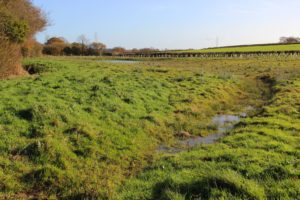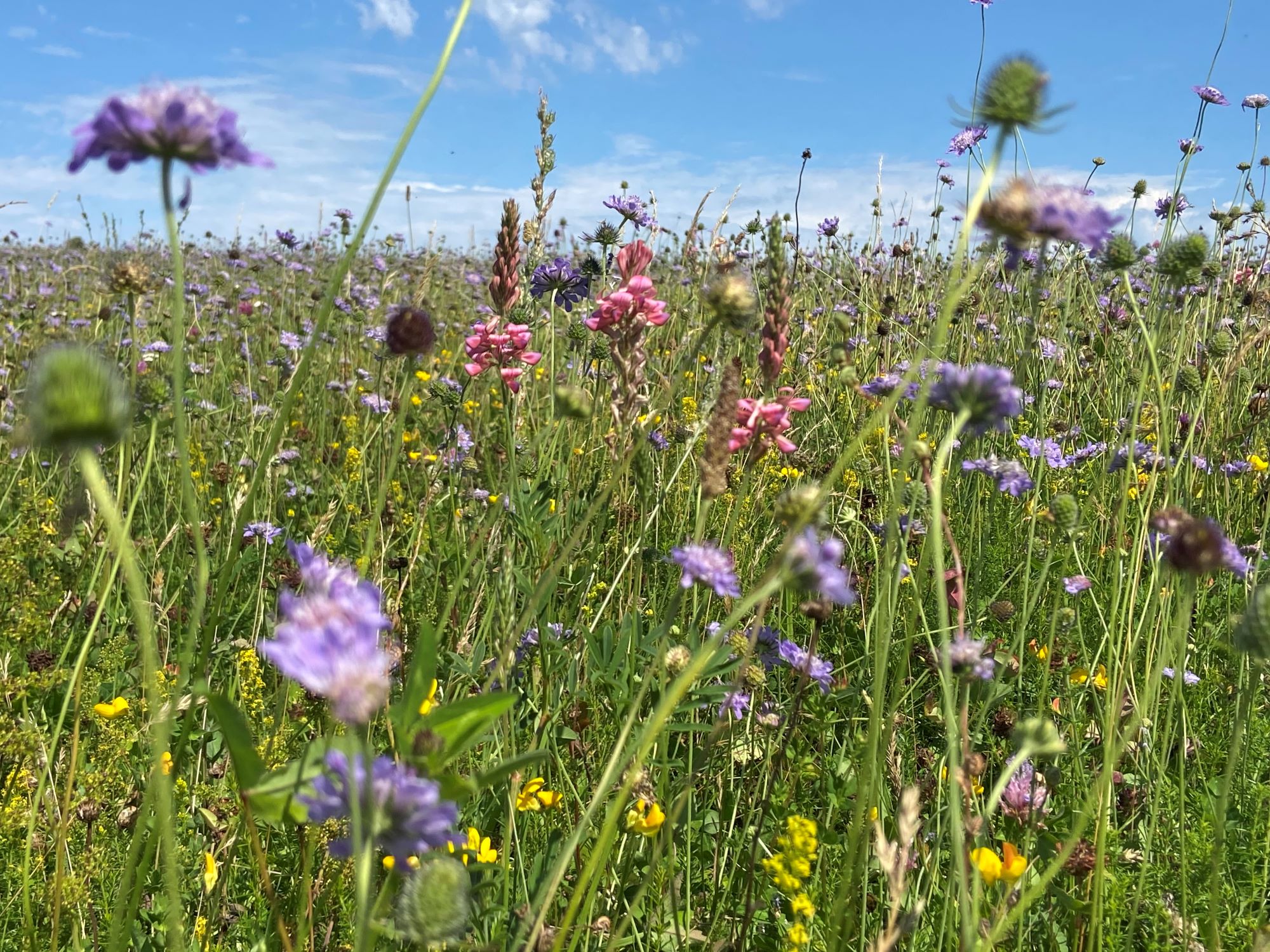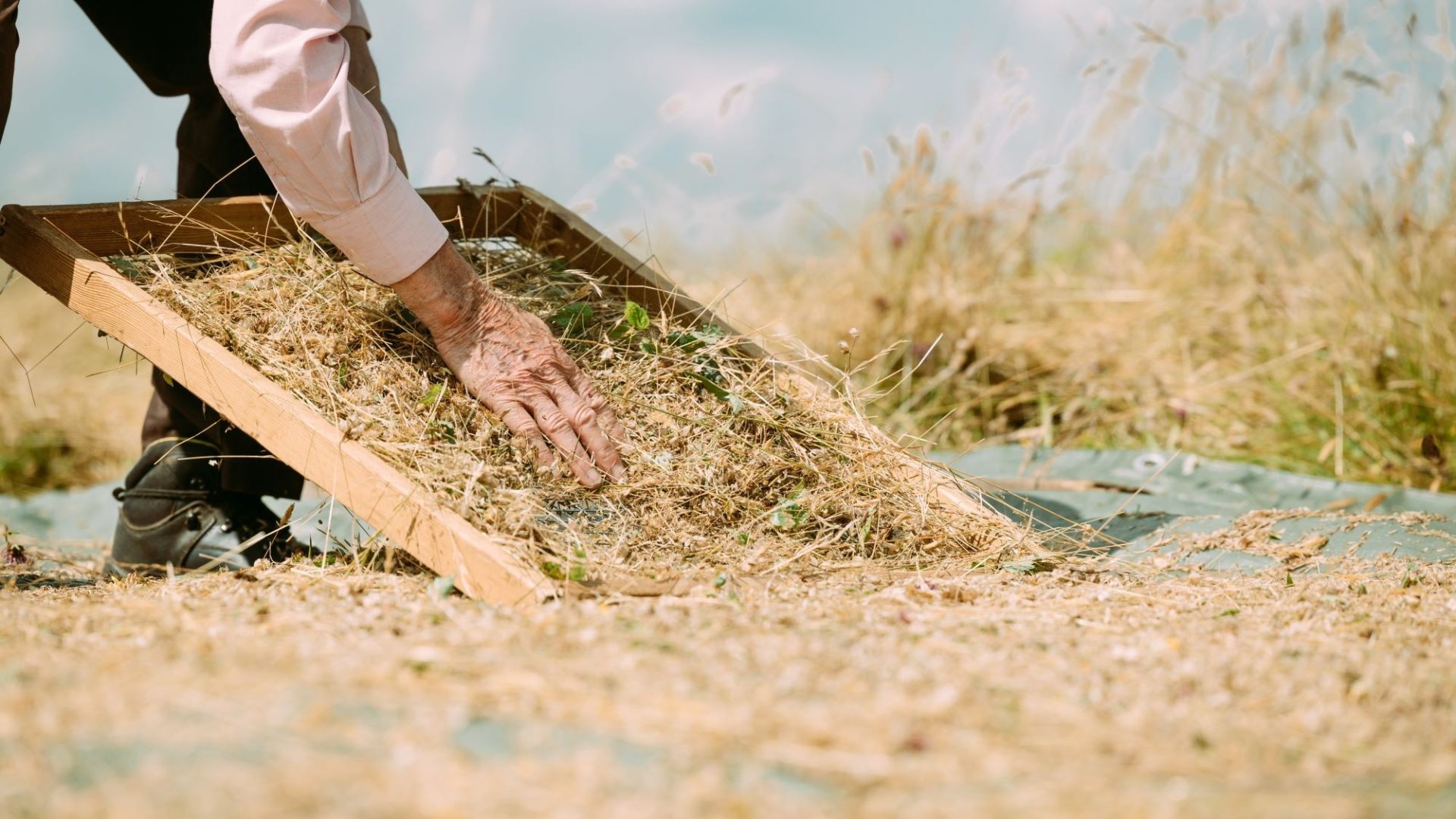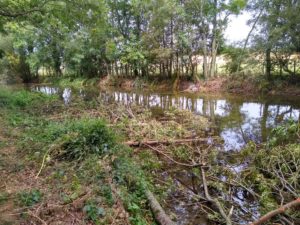Wessex Water has marked World Environment Day (5 June) by revealing new partnership funding to support organisations committed to conserving and enhancing biodiversity and aquatic habitats across the region.
The company’s Partners Programme has provided five-year funding to projects being carried out by environmental groups throughout the south west for over 20 years, with a sixth round of funding for a quartet of causes being awarded from 2020.
The initiative, which allowed the projects to match the support received from Wessex Water with additional sources of funding, has so far boosted restoration efforts on the Biss and Wylye rivers in Wiltshire, helped work to enhance rivers and streams across Dorset and supported ditch restoration on the North Somerset Levels in the last five years.

Now, four new enterprises will take centre stage until 2030 thanks to £500,000 of overall support from the environment team at Wessex Water, with £100,000 of funding across the projects per year.
They include the Upper Tone 360 project, which will build on existing work by FWAG SW and will focus on reconnecting the River Tone and its tributaries in Somerset with its catchment and surrounding communities.
Joanna Uglow, Senior Farm Environment Adviser, of Farming and Wildlife Advisory Group South West, said:
“Upper Tone 360 brings together farmers, landowners, communities and key environmental partners to restore and protect the health of the River Tone and its tributaries upstream of French Weir in Taunton.
“Our partnership with Wessex Water will help continue to promote positive changes to improve water quality, enhance habitats, and raise awareness of river responsibilities by working with those living and working along the river.”
FWAG is also involved in delivering the Dorset Wild Rivers scheme, which is led by Dorset Wildlife Trust, with Dorset National Landscape and National Trust Purbeck Estate, in an attempt to use catchment nature-based solutions to increase biodiversity in protected and priority habitats and species, such as chalk streams.
Amanda Broom, River Catchment Manager from Dorset Wildlife Trust, said: “Dorset Wild Rivers has been operating in Dorset for over 20 years and this phase will bring together a team across the four partner organisations to work with communities to increase biodiversity across targeted rivers and catchments across the county.”
The Partners Programme will also support a long-term project that has been creating and restoring wildflower grasslands throughout the Cotswolds National Landscape since 2019.
The collaboration with Glorious Cotswold Grasslands will help to restore and create a further 40 hectares of species-rich grassland in the southern part of the Cotswolds within the Wessex Water region, between Tetbury in Gloucestershire and Bradford-on-Avon in west Wiltshire.

Anna Field, from the Cotswold National Landscape, said:
“Over the last six years, our team has restored more than 450ha (hectares) of grassland within the Cotswolds and we’re working with a wide variety of landowners, including large farms and estates, smallholders, private residences, community groups and schools.”
Meanwhile, Wessex Rivers Trust’s Our Healthy Headwaters scheme is leading the drive to revitalise the Hampshire Avon by working with communities in and around the rivers Wylye, Till, Nadder, Ebble and Bourne.
The Trust will focus on four areas; Septic Smart – raising awareness on how to use and maintain septic tanks in ways that minimise pollution to rivers and groundwater; Save Every Drop – changing habits around water at home, school and work; Pet Meds – highlighting the impact of pet medications on aquatic life and ‘What’s Going Down Your Plughole?’ which will focus on the risks to river health from everyday chemicals used in and around the home.
Education and Engagement Manager, Wendy Reid, explained:
“The partnership project with Wessex Water will create innovative community-scale engagement focusing on different issues affecting river health and how local people can play an important role contributing to improvements to these delicate chalk stream ecosystems.
“Through free school education sessions, attendance at community events, community talks and meetings, citizen science days and a touring display of the project, we hope to help attain measurable improvements in biodiversity, helping the rivers and streams in the headwaters to become healthier and more resilient.”
Senior Regulatory Scientist at Wessex Water, Dave Jones, added:
“The Partners Programme projects from 2020 were able to deliver great outcomes for nature recovery by matching funding from Wessex Water with additional backing from other sources
“We know from our partners that secure longer-term funding like that offered by Wessex Water allows them the space to create and seek funding for the most suitable delivery projects or pathways.
“Our previous partner projects have already delivered important work towards restoring rivers, creating habitats and engaging with communities to achieve important biodiversity and environmental goals and we hope we can add similar impetus to these new projects we’re supporting.”




